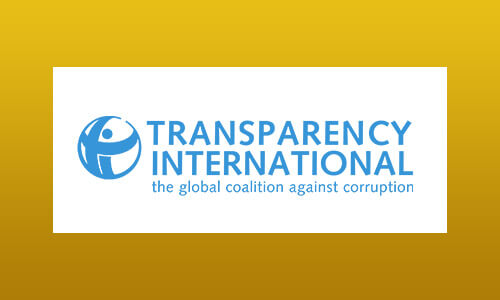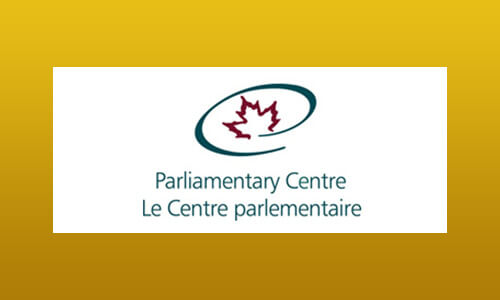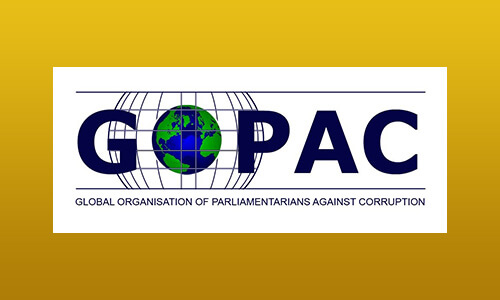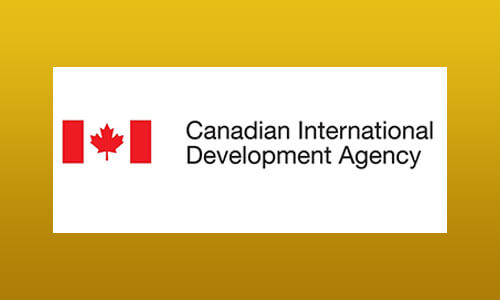The African Parliamentarians Network Against Corruption (APNAC) is an organization which aims to coordinate, involve and strengthen the capacities of African parliamentarians to fight corruption and promote good governance. Since its formation in 1999 in Kampala, Uganda, APNAC has promoted accountability, transparency, and public participation in the processes of government, as the best ways to control corruption.As the elected representatives of the people, MPs play an essential leadership role in combating corruption throughout the legislative process, and in their oversight and representative functions.
APNAC’s mandate is promoted by its presence throughout the Eastern, Southern, and Western regions of Africa, via its National Chapters, and working with other anti-corruption bodies in Africa and around the world.
The main objectives of APNAC are to:
- Build the capacity of parliamentarians to exercise oversight roles, especially on financial matters
- Share information on best anti-corruption strategies and practices
- Promote projects to control corruption based on best practices
- Cooperate with other organizations and civil society members with shared objectives





